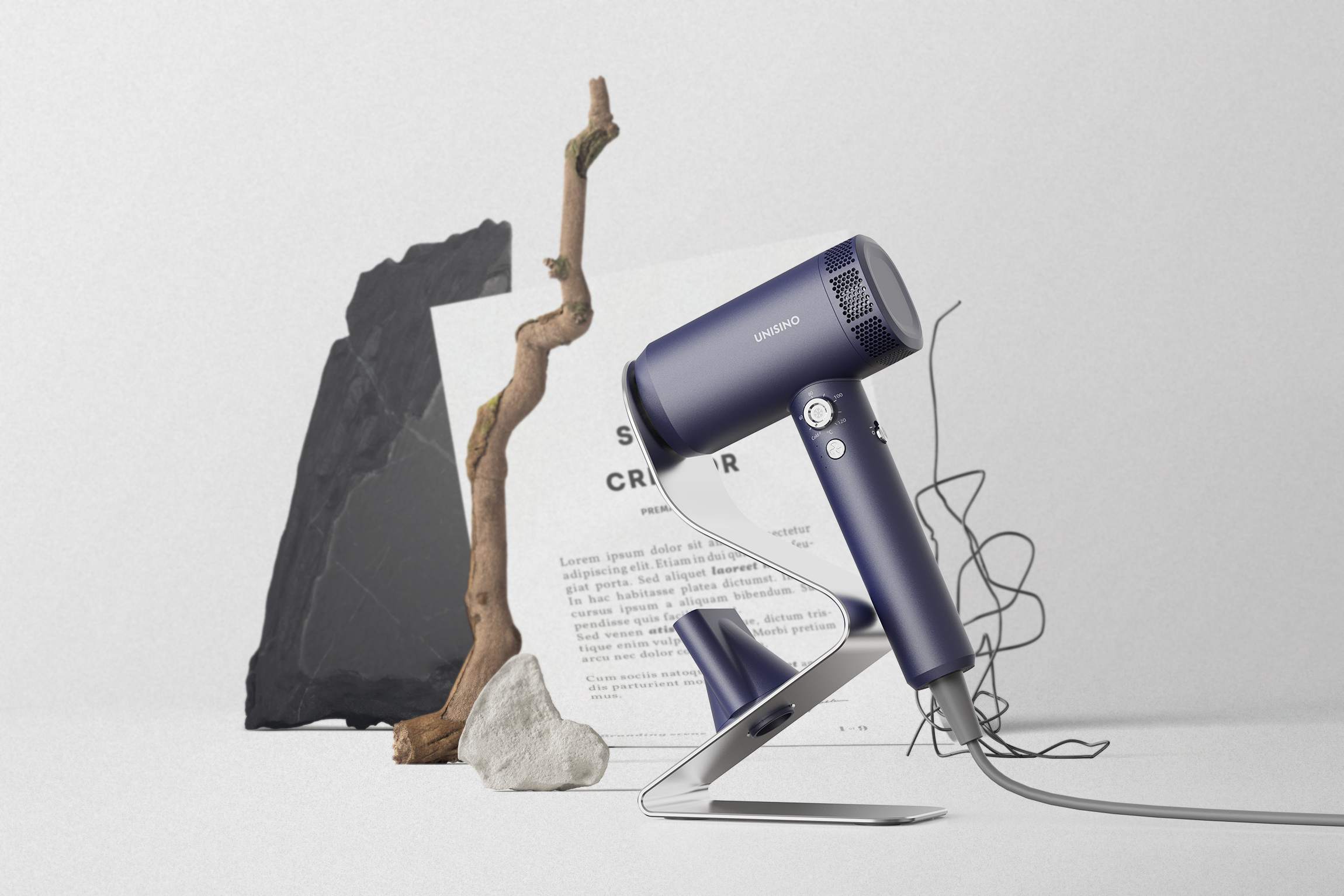
Leave your message and you’ll get:
● 24*7 online service support ● Articles in the hair dryer industry ● Sometimes maybe Discount

● 24*7 online service support ● Articles in the hair dryer industry ● Sometimes maybe Discount
Time:2024-01-12 Views:1

1. Functional diversity: Provides multiple functions, such as different wind speed and temperature adjustment options, to meet the different needs of users. It can also add a cold air function to facilitate shaping and cooling after shaping, while also reducing thermal damage.
2. Weight and portability: When designing, consider reducing the weight of the air duct to make it lighter, more convenient to carry and use. At the same time, an ergonomic grip design is added to better fit the user's hand posture and comfort.
3. Noise control: By optimizing the design of the air duct and motor, the noise level of the air duct is reduced. Measures such as shock-absorbing structures and sound insulation materials can be adopted to provide a quieter user experience.
4. Safety considerations: Add overheating protection devices in the design to avoid harm to users in case of overheating. Meanwhile, anti slip design can be considered to reduce the risk of accidental sliding or falling.
5. Simple and user-friendly operation interface: Design intuitive buttons or touch control panels, allowing users to easily adjust options such as wind speed and temperature. Provide clear and easy to understand instructions for users to quickly get started and use correctly.
6. Consider environmental friendliness: adopt energy-saving design to reduce energy consumption and carbon emissions. Using sustainable materials and manufacturing processes to reduce environmental impact.
7. Quality and Durability: Ensure reliable and durable air duct quality to provide long-lasting service life and performance.
In summary, by providing diverse functions, portability, noise control, safety considerations, a simple and easy-to-use operating interface, environmental friendliness, quality, and durability, optimization can improve the user experience of household high-speed air blowers.